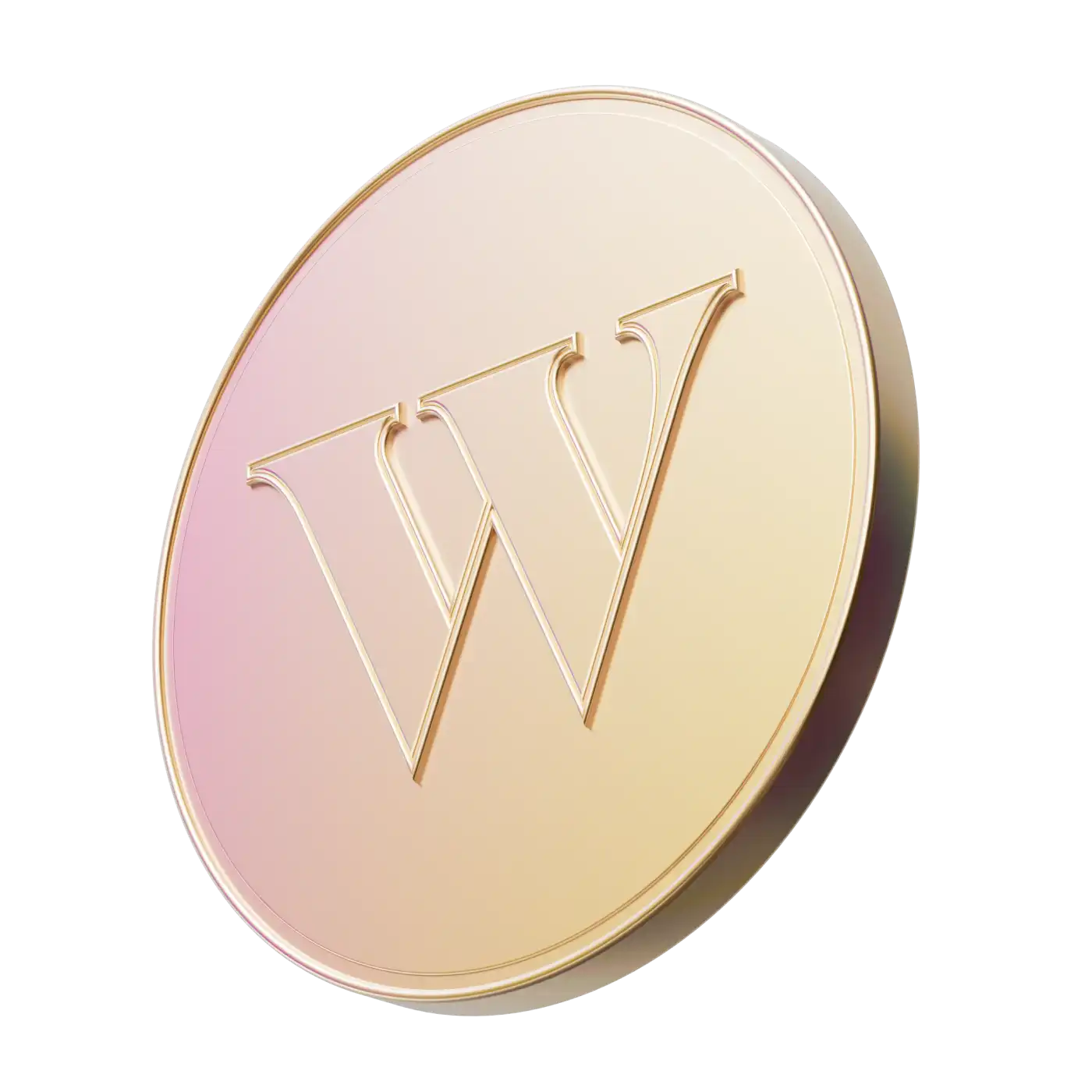If you're looking to own a small piece of a public company listed on a stock exchange, you're in the right place. We've put together a clear overview to help you get started.
Once you decide to invest in something, though, what do you do? You generally can't buy shares directly by contacting a company. Most investors place trades through a brokerage or a registered individual broker.
Also important to know: stocks are, by nature, fluctuating. They can rise and fall precipitously. There's a good reason every stock or mutual fund prospectus includes the disclaimer, "Past performance is no guarantee of future results."
The reason that stocks historically perform better than safer, conservative investments like government bonds is because investors are rewarded for taking on more risk.
In this article, we'll explain what it means to buy a stock, the steps to place your first trade, how to choose an account type and brokerage, and how to reduce risk along the way.
What buying stocks really means
Buying a stock means purchasing partial ownership in a company, making you a shareholder who participates in its gains and losses.
You aren't betting on a ticker symbol moving up or down — you're becoming a part-owner. If the company grows and becomes more profitable, your shares increase in value. If the company struggles, your investment does too.
Owning stock also means you may be entitled to vote on certain company decisions and receive a portion of the company's profits (called dividends) if the company chooses to distribute them.
How to buy stocks in 6 steps
Ready to make your first trade? Here's the standard process for buying a stock in Canada:
Choose an account type: Decide whether you want to invest in a Tax-Free Savings Account (TFSA), a Registered Retirement Savings Plan (RRSP), or a standard personal account.
Open an investment account: Sign up with an online brokerage or trading platform.
Deposit funds: Transfer money from your bank account to your new brokerage account.
Search for the stock: Look up the company you want to buy using its ticker symbol.
Choose your order type: Decide whether you want to buy at the current market price or set a specific limit price.
Confirm the trade: Review your order and place the trade.
That's it. The whole process can take as little as a few minutes once your account is set up and funded. Let's break down each of these steps in more detail.
Choose an account type for stocks
Before you buy a single share, you need a place to put it. In Canada, the type of account you use matters for taxes:
TFSA: Any money you make on stocks — whether from price growth or dividends — is tax-free, and withdrawals are not taxed.
RRSP: Designed for retirement savings; you get a tax deduction when you contribute, but you pay taxes when you withdraw in retirement.
First Home Savings Account (FHSA): Save up to $40,000, tax-free, to put toward a down payment.
Non-registered (personal) account: if you've maxed out your TFSA and RRSP, you can use this account, but you'll pay capital gains tax on profits.
Account type | Tax treatment | Best for |
|---|---|---|
| TFSA | Tax-free growth and withdrawals | Most beginners and general investing |
| RRSP | Tax deduction now, taxed on withdrawal | Long-term retirement savings |
| FHSA | Tax deduction now, and tax-free growth | Individuals looking to save for a home |
| Non-registered | Capital gains tax on profits | After maxing TFSA/RRSP limits |
For most Canadians starting out, a TFSA is a practical choice because of the tax-free growth, though the RRSP vs TFSA vs FHSA decision depends on your income and goals.
Pick a brokerage and open an account
If you already know what stocks you want to buy, online discount brokerages tend to be easy and inexpensive. Make sure the brokerage has the features you want and a commission fee you're comfortable with.
One important consideration is the minimum investment required to open an account. Many brokerages charge a flat per-trade commission of $5–$10, though some offer zero commissions.
If you don't want to pick your own stocks, automated services are a reasonably priced, user-friendly way to invest. Financial advisors and human brokers can offer more personalised service, but they are also often the most expensive option.
Place your first order without surprises
Once your account is funded, you're ready to buy. Search for the company name or its ticker symbol — a short string of letters representing the stock. When you find it, you'll see a "Buy" button.
You'll need to enter the number of shares you want to purchase. The platform will calculate the estimated total cost. Make sure you have enough cash in the account to cover the trade, plus a little extra for any potential price fluctuations or fees.
After you confirm, your order goes to the market. Depending on the order type you chose, the trade may execute immediately or wait until the stock hits your target price.
Understand the main order types
When you place an order, you'll see a few options for how to buy. The two main order types are:
Market order: buys the stock immediately at the current available price; fastest option but the price may fluctuate by a few cents.
Limit order: sets a maximum price you'll pay; gives you price control but the trade may not execute if the stock never reaches your target.
For most beginners buying well-known stocks, a market order during regular trading hours works fine.
How to reduce risk when investing in stocks
When you're talking about risk in the investing sense, you're referring to the chance of losing money over the short to medium term. One primary way to manage that is diversification.
Diversification means holding groups of stocks that react differently to market events (e.g., from different countries or industries) and combining them with other asset classes like bonds or gold. The advantage is that you can reduce risk without sacrificing expected return.
One simple way to get broad exposure to markets is by purchasing a mix of domestic and international low-cost exchange-traded funds (ETFs). Though ETFs trade on exchanges like individual stocks, many contain dozens or even hundreds of stocks. With a single purchase, you can gain exposure to a broad market index rather than concentrating your money in one stock…rather than concentrating your investment in a single stock.
How to make money on stocks
There's no guaranteed way to make money in stocks. A common approach is to hold a diversified portfolio for a long time (your "time horizon").
If you need money for a specific purpose in the near term, natural stock fluctuations mean it may not all be there when you need it. If you have more than you need to spend in the short term, investing in stocks can be a good way to try to grow your wealth and keep pace with inflation.
Historically, stock markets tend to rise over time, and those with the patience to hold for 10+ years are more likely to be rewarded with positive returns that offset short-term risks. Generally, the longer you hold a stock, the less variable its price will be on average.
When should I invest in the stock market?
There is no perfect time to enter the stock market, but the longer you're invested, the likelier it is that you will experience higher returns.
What to look for when buying a stock
Picking stocks can be difficult. So difficult that Warren Buffett has spent decades discouraging pretty much everyone not named Warren Buffett from trying to make money picking individual stocks. He says as much:
The goal of the non-professional should not be to pick winners — neither he nor his 'helpers' can do that — but should rather be to own a cross-section of businesses that in aggregate are bound to do well.
Furthermore, most professionally managed funds underperform the market. Instead of picking individual stocks, passive investing through index funds spreads your investments across many companies to mimic the market's overall performance.
There are two main ways you make money on a stock. The first is if the company outperforms the market's expectations. The second is through the "equity risk premium" — what you make over the interest rate you could get from stable investments like government bonds.
One practical way to evaluate your stock-picking approach: Write down your reasons for buying a stock, but don't actually buy it. If the stock moves the way you predicted for the reasons you predicted, you might be ready to put some real skin in the game.
How to buy a fractional share
Many high-profile stocks in tech and other rapidly growing industries may be out of reach for all but the richest investors. Some stocks trade for well above $1,000 per share, but some trading platforms allow you to buy a fraction of a share for a fraction of the price.
One common way to get fractional exposure is through an ETF. ETFs are investments comprising a variety of holdings, including stocks, bonds, and real estate. Since ETFs trade on the stock market, buying a unit is as simple as buying a share in a company.
Stock market terminology you'll actually use
Here are a few basic concepts you should understand before buying your first stock:
Revenue growth: Public companies share quarterly financials; consistent revenue increases can suggest healthy growth.
Price history: A stock that has weathered economic downturns and still trended upward may show resilience.
Earnings per share (EPS): The company's profit divided by total shares; higher EPS can drive stock prices up, though companies can also increase EPS by buying back shares.
Price/earnings ratio (P/E): Current stock price divided by annual earnings per share; shows how much investors pay for each dollar of earnings (the Toronto Stock Exchange (TSX) average is around 18).
Dividends: Some companies pay dividends, which are cash (or share) distributions to shareholders; consistent dividend payments can suggest financial stability.
Your next steps after you buy
Once you've bought your first stock, the hardest part is often doing nothing. It's tempting to check the price every hour, but successful investing is usually a long-term game. If you bought a solid company or a diversified ETF, your approach may be to let it sit and grow over time.
You might also consider setting up automatic deposits to keep adding to your portfolio regularly. This approach — sometimes called dollar-cost averaging — helps smooth out the ups and downs of the market by buying at different price points over time.
Investing in stocks requires just three things — an idea of what you want to buy, money to purchase the investment, and a brokerage to make the trade.
Should you invest in individual stocks, a mutual fund, or an ETF? That depends on your goals and risk tolerance. But now you know how to get started.



